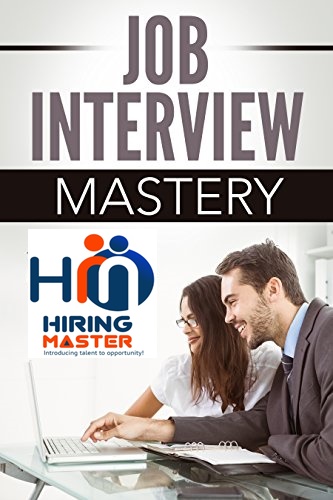Once you’ve received an invitation to interview, you can be fairly certain that you have already impressed the potential employer—at least on documents. Here’s what to do to ensure that you make a good impression during your in-person interview:`
- Plan to express how you meet your potential employer’s needs
- Four techniques to get ready for the big day of interview
- Organize your interview toolkit
- Be your most genuine and professional self
- Evaluateyour other interview do’s and don’ts
Express how you meet the employer’s needs
You probably spent plenty of time driving over the job description before submitting your application ingredients. Now that you’ve landed an interview, you’ll want to refer back to the original description, paying close attention to job skillset and responsibilities. Consider these to a list of the employer’s needs.
For each qualification or responsibility, classify what skill the employer is asking for. For example, if the job duty is “employee volunteers,” related expertise may include:
- Communication and study: Ability to spearhead your own fact-finding and discovery in order to identify an structural need for volunteers
- Writing and marketing: Ability to draft an engaging volunteer position descriptions
- Relationship building: Ability to join with potential volunteers in a professional way
- Decision making: Ability to screen and select volunteers from your candidate pool
Your task, as an interviewee, is to prepare narratives about exact situations in which you used each of these skills.
Four ways to get ready for the big day
1. Research the organization
You’ll want to do plenty of pre-interview research to help you paint the most comprehensive picture of the organization and it’sphilosophy. What is their mission? How does it differentiate itself from others working on similar issues or with similar clientele? What is the geographic scope of the organization? How is it funded? What buzz words do you notice when you read the organization’s website?
2. Type up speaking points
For example, the narratives that illustrate your most prominent skills. It’s fine to bring in notes to the interview with you. You can bring along any notes you have along with additional copies of your resume, and work samples to leave behind in a neat pad folio.
3. Figure out how to answer common interview questions
Here are a few:
- “Tell us about yourself.”
- “What are your positives and negatives?”
- “Can you tell us about a time you used the skills required in this position?”
- “Where do you see yourself in five years?”
- “Why did you leave your last job?”
- “From where did you hear about this position?”
4. Formulate your own questions
Just like a limp handshake, a single-sided interview is no fun! The hiring team wants to listen to your questions as well and see that you’re actively engaged and involved in learning more about the organization and position.
- When you research the organization and position, write down any unsettled questions that you may have to bring along to your interview.
- Get more details on the context and history of the particular position for which you’re interviewing. Why are they hiring? How is the position managed? What does the rest of the hiring process look like? Just be sure that you’re not asking anything that is already clearly stated on the job description or the organization website.
- Plan to ask the most important questions—like how does the open position help the organization fulfill its mission—as early as possible during the interview. And during the proceeding rounds of the interview process, avoid asking questions that cast disbelief on your understanding of the position.
Put together your interview toolkit
Don’t leave bag-packing to the last minute. Prepare your interview toolkit the night before the interview day:
- Tissues or a handkerchief
- Copies of your resume and work samples
- Breath mints
- Water Bottle
- Directions including address, parking information, suite or office number, floor number, and contact information including name and phone number (but keep your phone on silent during the interview or just turn it off!)
- Notes (talking points, narrations, questions)
- Note paper and pen to take notes
Be your most realistic professional self
This will allow for you and the hiring team to more accurately assess whether you’re mutually compatible.
Pay attention to the signals that your body language and eye contact send to the hiring team. It’s okay to be a little nervous (and even to show it—it means you care!). But try to relax and be yourself. Let your personality shine so that the hiring team can see a bit of the “real you.”
A hiring manager may ask questions that seem insignificant—for example, questions about a foreign country mentioned on your resume, or about pets. In fact, this may be an attempt to get to know you on a personal level in order to find out whether you will be someone they’d like to see in the office everyday.
Other interview do’s and don’ts
- Doreach a few minutes early
- Dorecollect the names of the hiring team
- Do ask for clarification if you don’t understand a question
- Do answer the questions you’re asked as best you can, and ask whether you repliedadequately if you’re unsure
- Do pause if you need time to think
- Do send a thank-you note or email as soon as possible that addresses specific and relevant issues you discussed during the interview
- Don’t assume the hiring team remembers your resume
- Don’t talk constantly
- Don’t discuss salary and benefits if you can avoid it (till you get the job offer)
- Don’tplead for the job
- Don’t wear strong scents
- Don’t dress or behave too casually


Hi, this is a comment.
To get started with moderating, editing, and deleting comments, please visit the Comments screen in the dashboard.
Commenter avatars come from Gravatar.